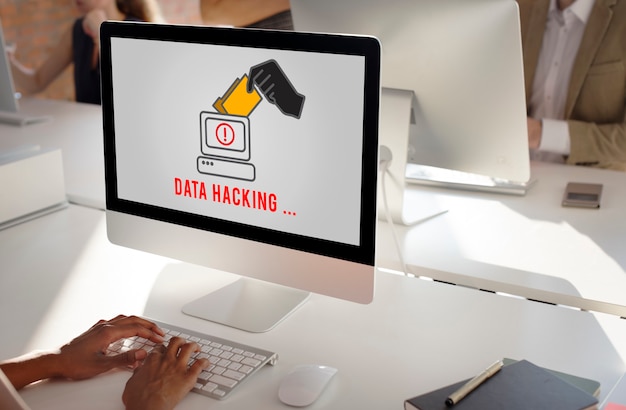Once upon a time, I snagged a microwave for 20 bucks on Craigslist. It looked pretty good when I checked it out in the seller’s van – almost new, clean, and the turntable was still there. I thought I’d hit the jackpot. But when I got home and tried to heat up a frozen burrito, the microwave just buzzed and spun without actually heating anything. I ended up having to buy a new one from a store. That was the only time I got scammed on Craigslist, but I know others who’ve had much worse experiences.
Buying and selling on peer-to-peer (P2P) platforms like Craigslist or Facebook Marketplace can be risky. Some people lose a lot of money, and a few even end up in dangerous situations. So, it’s crucial to know how to stay safe when using these platforms.
Both buyers and sellers can be dishonest, so no matter which side you’re on, you need to know how to protect yourself. This applies to all P2P platforms, including less regulated ones like Nextdoor and OfferUp, as well as more general retail platforms with P2P elements like eBay, Amazon, or Etsy, and niche platforms like Poshmark, thredUP, Gazelle, and Swappa.
Here are some tips to help you stay safe:
-
Know what you’re getting into before you complete a transaction. If a platform offers purchase protection, use it. For example, Facebook Marketplace provides some protection for transactions that use its internal checkout and shipping tools.
-
Use a major credit card that allows you to dispute transactions. This way, if something goes wrong, you can potentially get your money back.
-
Use the platform’s internal messaging tools to communicate with the other party. This creates a record of your interactions, which can be helpful if you need to dispute a transaction.
-
Don’t use your real email address or give out your phone number. Use the platform’s messaging tools to protect your privacy.
-
Never wire money to a seller or accept wire transfers as a buyer. Many scams involve wire transfers.
-
Be cautious with sellers who don’t have a profile photo on Facebook or Nextdoor. They might be legitimate, but it’s worth being extra careful.
-
Learn to spot fake Facebook profiles. Look for warning signs like few or no friends, lots of friends with thin profiles, little activity, spammy posts, or a profile photo that shows up under a different name in a reverse image search.
-
Avoid deals that seem too good to be true or that come with a "Craigslist guarantee". Craigslist doesn’t guarantee transactions, so anyone claiming otherwise is likely a scammer.
-
Avoid sellers who change the deal. If they raise the price at the last minute, claim the item has been sold, or insist on using a middleman, it’s best to walk away.
-
Always deal locally unless you’re using a secure, traceable checkout system. Never pay in advance for items the seller claims they will mail.
-
Don’t click links in emails sent by sellers or buyers. This can expose you to malware.
-
Don’t use an escrow site suggested by the seller. Some scammers set up fake escrow sites to steal buyers’ money.
-
Examine merchandise before agreeing to the sale. Don’t pay upfront unless you’re using a secure intermediary.
-
Insist on a secure payment method. Personal checks, bank checks, cashier’s checks, and money orders can be forged or bounce, and wire transfers are risky.
-
Meet in a public place with others around. Don’t meet at your home or a secluded place, and don’t get into a car with the other party.
-
Inform a trusted friend or family member of your plans, or bring a companion to the meeting. This can help keep you safe.
-
Know the location of the nearest police station. Consider doing higher-value transactions at a police station if possible.
-
Bring your cellphone and turn on location services. This can help you coordinate with the other party and call the police if necessary.
-
Report scammers to the sales platform and to law enforcement if warranted. This can help protect other users and potentially lead to the scammer being caught.
Remember, online marketplaces can be risky, but with the right precautions, you can protect yourself and have a successful buying or selling experience.
